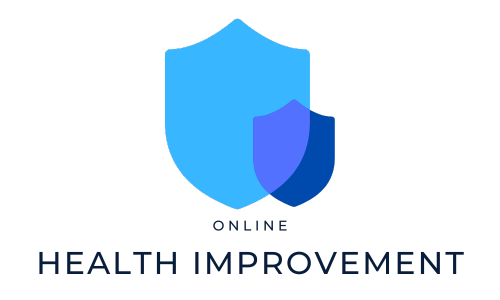Recognizing Signs of Depression and Seeking Help
Depression is a common mental health disorder that affects millions of people worldwide. It can manifest in various ways and impact many aspects of a person’s life. However, individuals often struggle to recognize the signs of depression in themselves or their loved ones. Understanding the warning signs and seeking help is essential for managing this condition effectively. This article will explore the recognizable signs of depression and provide guidance on seeking professional help.
Signs of Depression:
1. Persistent Sadness: One of the primary symptoms of depression is a constant feeling of sadness or irritability that lasts for an extended period. If you notice that you or someone close to you is persistently unhappy and unable to find joy in activities they once enjoyed, it might indicate depression.
2. Lack of Energy and Motivation: Depression often drains a person’s energy levels, leading to persistent fatigue, decreased productivity, and lack of motivation. Individuals may struggle to complete even the simplest tasks or find the energy to engage in activities they used to find pleasurable.
3. Changes in Sleep Patterns: Disturbances in sleep patterns are prevalent among those suffering from depression. This can manifest as difficulty falling asleep, frequent waking during the night, or excessive sleeping.
4. Weight Fluctuations: Depression can influence appetite and result in significant changes in weight. People might experience a loss of appetite, leading to weight loss, or resort to overeating as a means of comfort and subsequently gain weight.
5. Social Withdrawal: Individuals with depression often isolate themselves from social interactions. They may cancel plans with friends, withdraw from activities, and feel a general disinterest in socializing or connecting with others.
6. Negative Thinking: Depressed individuals tend to have a negative view of themselves, the world, and the future. They may be overly critical or self-critical, blaming themselves for things beyond their control. This negative thinking pattern can significantly impact their overall outlook on life.
7. Physical Symptoms: Depression can also manifest through physical symptoms, such as headaches, stomachaches, body aches, and a general feeling of being unwell. These physical complaints often appear without a clear medical explanation.
Seeking Help:
Recognizing the signs of depression is the first step to seeking help. If you or someone you know is experiencing these symptoms, it is crucial to reach out for support. Here are some essential steps to consider:
1. Talk to a Trusted Individual: Openly discussing your feelings with a trusted friend or family member can provide immediate relief. Sharing your emotions allows others to understand what you are going through and offer support and encouragement.
2. Consult a Mental Health Professional: Seeking professional help from a therapist, psychologist, or psychiatrist is highly recommended. These professionals are trained to diagnose and treat depression effectively. They can also provide guidance on various therapeutic techniques and, if necessary, prescribe medications.
3. Utilize Support Groups: Attend support groups or join online communities specifically designed for individuals struggling with depression. Interacting with others who have similar experiences can provide comfort, insight, and a sense of belonging.
4. Engage in Self-Care Activities: It is crucial to prioritize self-care while managing depression. Engaging in activities that bring you joy, practicing relaxation techniques, exercising regularly, and maintaining a healthy lifestyle can significantly improve your mental well-being.
5. Educate Yourself: Learn more about depression to better understand its nature, causes, and treatment options. By educating yourself, you can effectively manage your condition and take proactive steps toward recovery.
6. Stay Connected: Maintaining a strong support system is essential when dealing with depression. Stay connected with friends and loved ones who can provide emotional support and understanding.
Remember, seeking help for depression is not a sign of weakness or failure; it is a courageous step toward better mental health. By recognizing the signs and reaching out for support, you can embark on the journey to healing and recovery.
